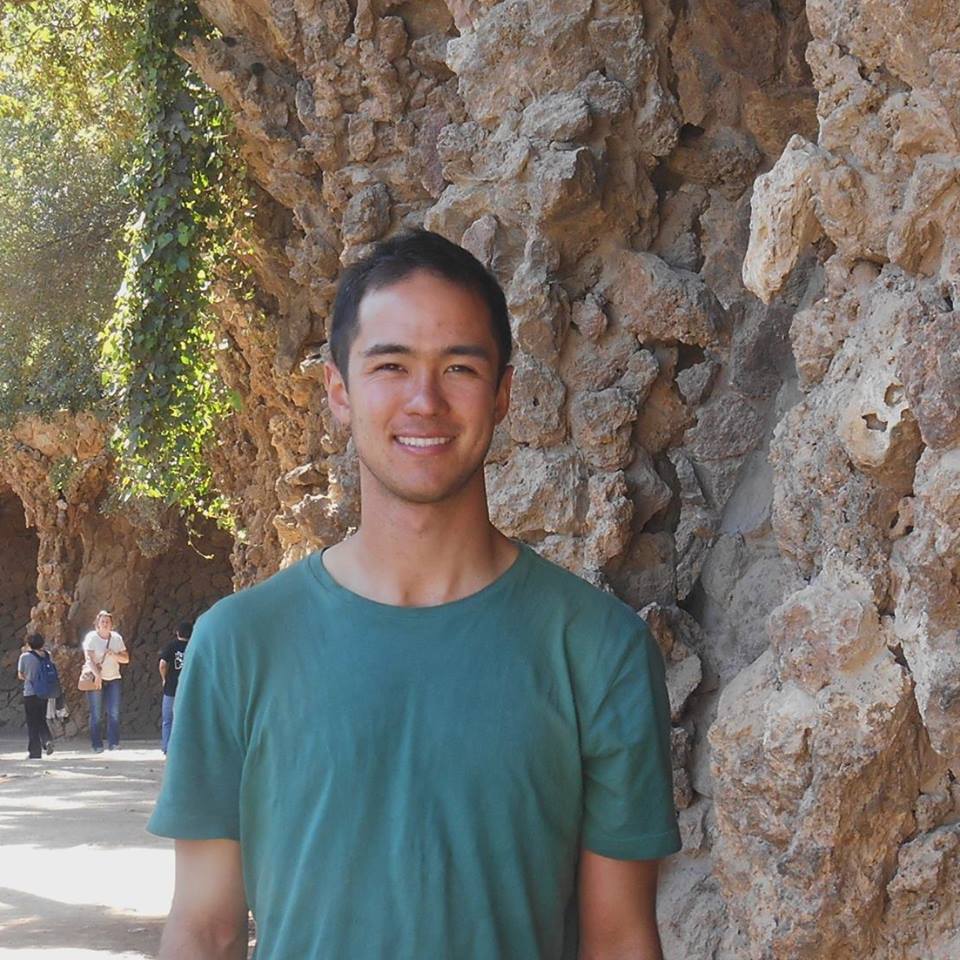
Michael Cunningham, Staff Engineer at Central Contra Costa Sanitary District
Meet Michael Cunningham, EIT, a recipient of the Kirt Brooks Memorial Water Environment Scholarship in 2013. Michael graduated from the Swiss Federal Institute of Technology in Switzerland where he focused on water/wastewater treatment process modeling and experimental work. He is grateful for his colleagues at Central Contra Costa Sanitary District who knew he was planning to attend grad school for suggesting he apply for the scholarship.
Michael recently shared his story with us on how he got involved, what motivates him and advice to anyone entering the profession.
When did you first know you wanted to work in the water profession?
My first introduction to the wastewater industry was during a summer abroad course during my undergraduate studies at the University of California at Davis. Professor Stefan Weurtz and guest speakers from research, industry, and regulatory groups provided a comprehensive overview of the wastewater industry’s importance in public and environmental health. To this day, I am still motivated by making a small, and hopefully over time more impactful, contribution to public/environmental health through my work as an engineer.
How did you first hear about the Kirt Brooks Scholarship?
A few colleagues at the Central Contra Costa Sanitary District who knew I was planning to attend grad school mentioned the award.
Where did you go to school/where did you use your scholarship earnings?
I attended the Masters in Environmental Engineering program at the Swiss Federal Institute of Technology (ETH Zürich) in Switzerland from 2013-2016. My graduate school work principally focused on water/wastewater treatment process modeling and experimental work, including a semester project at start-up South Pole Carbon AG where methane emissions modeling of anaerobically digested sludge storage tanks led to efficiency projects at multiple wastewater treatment plants. My thesis work was experimental work on particulate substrate capture during wastewater feeding for an aerobic granular sludge system. I also spent six rewarding, challenging, and unforgettable months characterizing faecal sludge for a multi-country study with Sandec at Eawag.
What has been your path to where you are today?
After a few months of post-graduation traveling, I have taken up a full-time position in the Planning and Applied Research group of the Central Contra Costa Sanitary District. My first set of projects have been quite different than my educational background—day to day operation and liquid sampling for a pilot wet scrubber system for air pollution control unit after biosolids incineration. Fortunately, adapting and applying many of the same tools from previous research have made starting to formulate sampling/experimental plans and analyze data sets much easier.
What is your advice to a student entering this profession?
As an undergraduate civil engineering student, learning about all the civil engineering specializations available could sometimes feel like looking up at the menu of a gourmet sandwich shop and trying to make-up your mind while the register line slowly shrinks. Coming up with a rough long-term plan immensely helped to find opportunities and a type of work I enjoy. Revisiting and challenging the assumptions underlying this plan from time to time was essential along the way and is something I continue to do.
Best advice I’ve received is the first steps in graduate school and a career are a cycle to peaks and dips. Preparation and careful planning can prolong peaks and minimize dips, but sometimes the best solutions are not so simple. Remain flexible when pursuing what you identify as the solution, and be sure to challenge the underlying assumptions from time to time along the way.
The Kirt Brooks Memorial Water Environment Scholarship provides annual scholarships for individuals attending a College, University, Community College or Technical Trade School and pursuing a course of study related to the Water Environment Field. Recipients must be members of CWEA or sponsored by CWEA members.
Applications are due on January 15 for the school year beginning in September. Now is the time to apply for scholarships!